Wash whites and colors separately to prevent discoloration
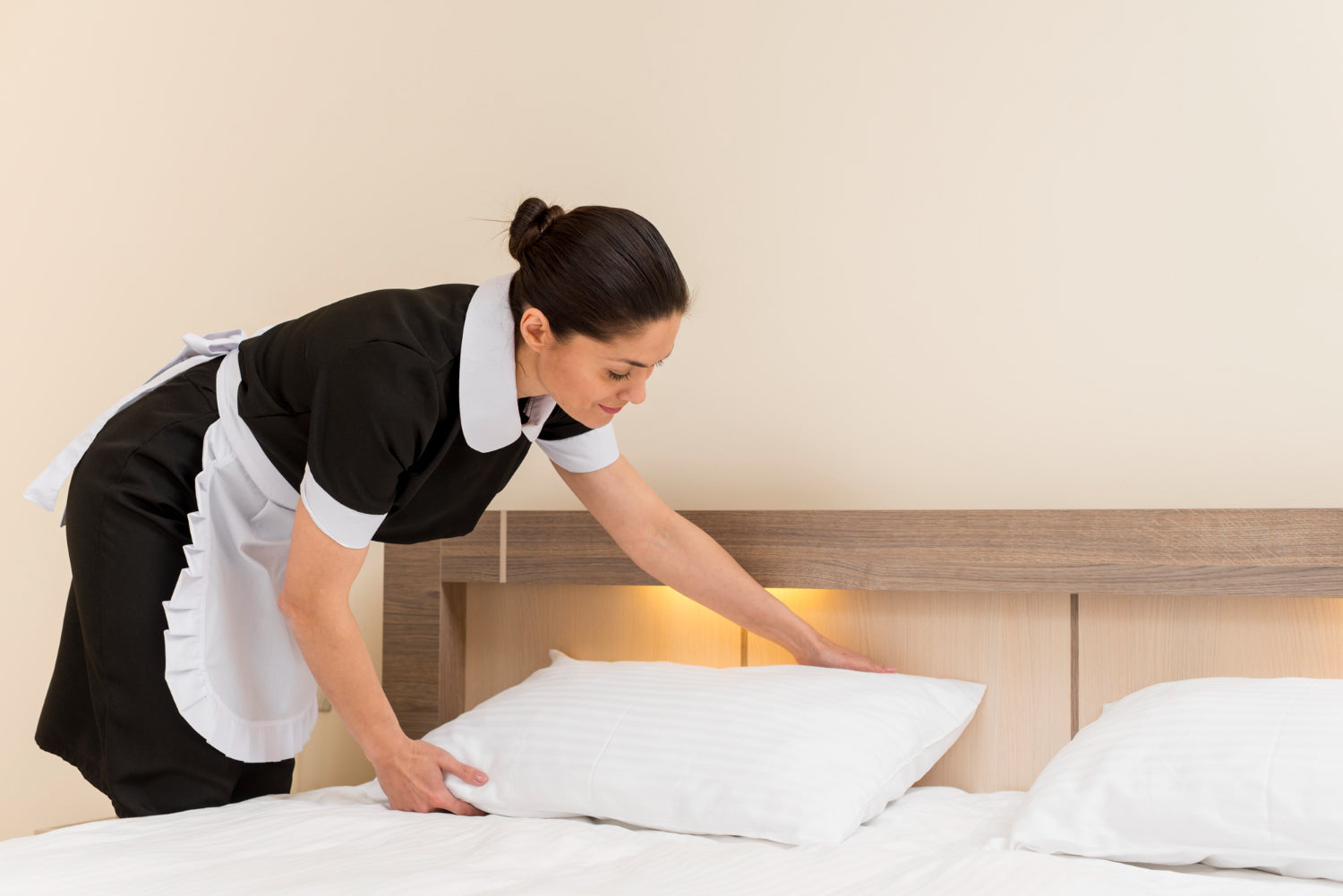
Maximize Product Lifespan with Proper Handling
At EW Hotel Collection, we manufacture and supply hospitality-grade textiles designed for high turnover, frequent laundering, and long-term performance. But even the most durable linens need proper care to perform at their best.This guide outlines best practices for maintaining the quality, appearance, and hygiene of your sheets, towels, robes, and other textile products. Following these guidelines helps reduce replacement costs, protect your brand standards, and ensure a consistently positive guest experience.
General Best Practices
To ensure your products last and continue to perform at a high level
-

-

Use neutral or low-alkaline detergents to preserve fabric strength
-

Avoid fabric softeners on absorbent items like towels
-

Do not overload machines—allow full agitation and rinsing
-

Dry thoroughly before folding or storing to prevent mildew
-

Rotate inventory to evenly distribute wear
These guidelines apply to all product categories and are especially important in high-turnover properties with in-house laundry operations.
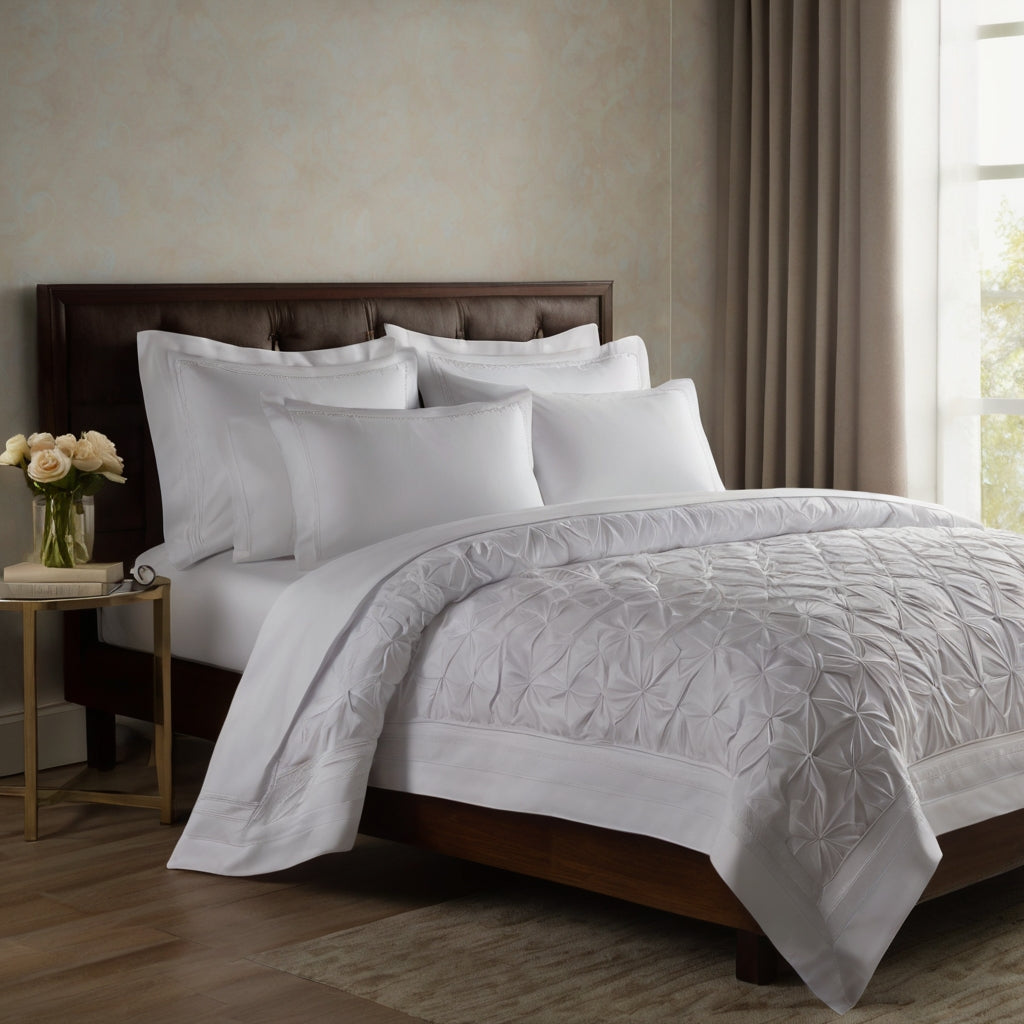
Bed Linens
Bed linens—including flat sheets, fitted sheets, pillowcases, and duvet covers—are engineered to balance softness with durability. For optimal care:
- Wash in warm water (40–60°C) with a mild detergent
- Avoid bleach unless using pure white, bleach-safe products
- Tumble dry on medium heat and remove promptly to reduce wrinkles
- Iron if desired, while linens are slightly damp for best results
In high-volume properties, implementing a structured rotation system for sheet sets can extend lifespan and reduce uneven fading or thinning.
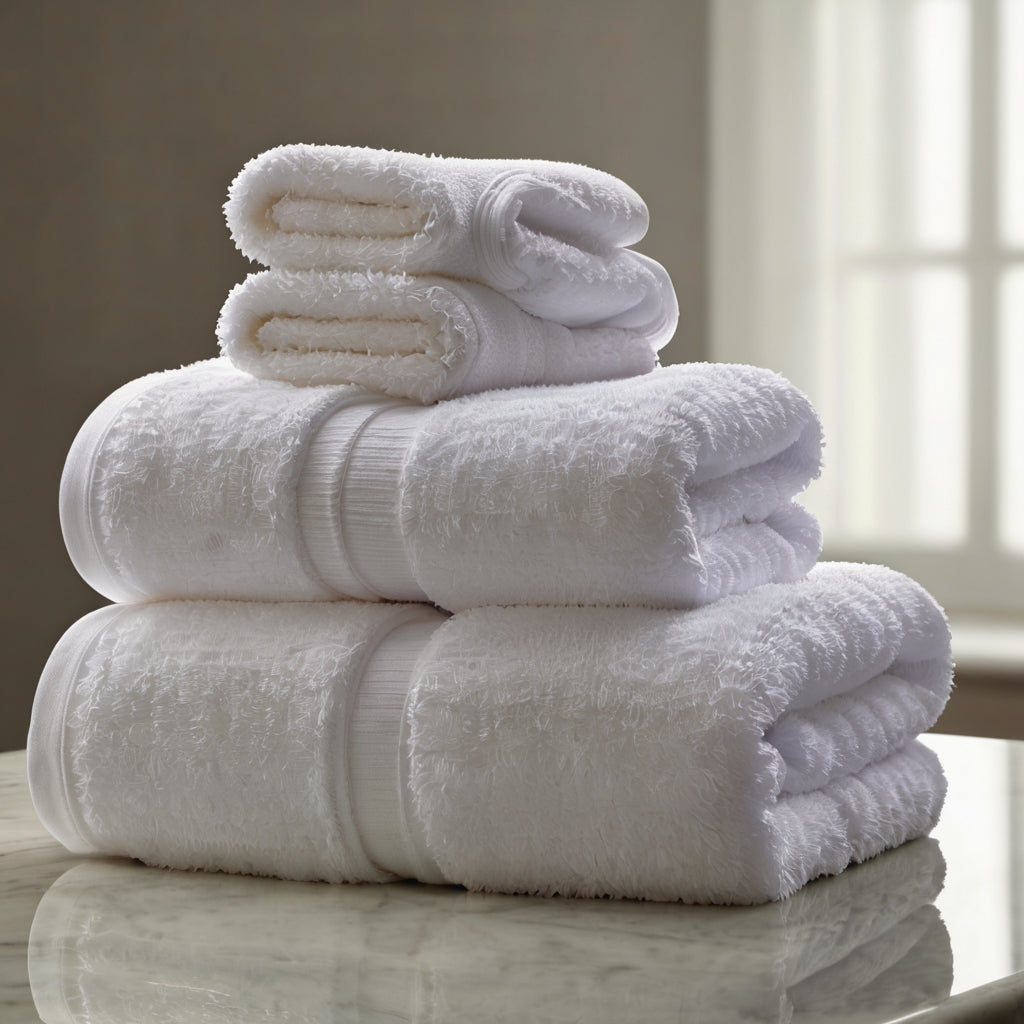
Towels
Towels are among the most heavily used and frequently laundered textiles in hospitality. Maintaining absorbency and texture requires attention to a few key practices:
- Wash with detergent only—avoid softeners, which reduce absorbency
- Use warm water and medium heat drying
- Ensure towels are fully dry before folding and storing
- Replace towels as soon as they show signs of fraying, stiffness, or discoloration
Lighter towel weights may be preferred for high-turnover properties, while heavier weights can be reserved for suites or spa settings.
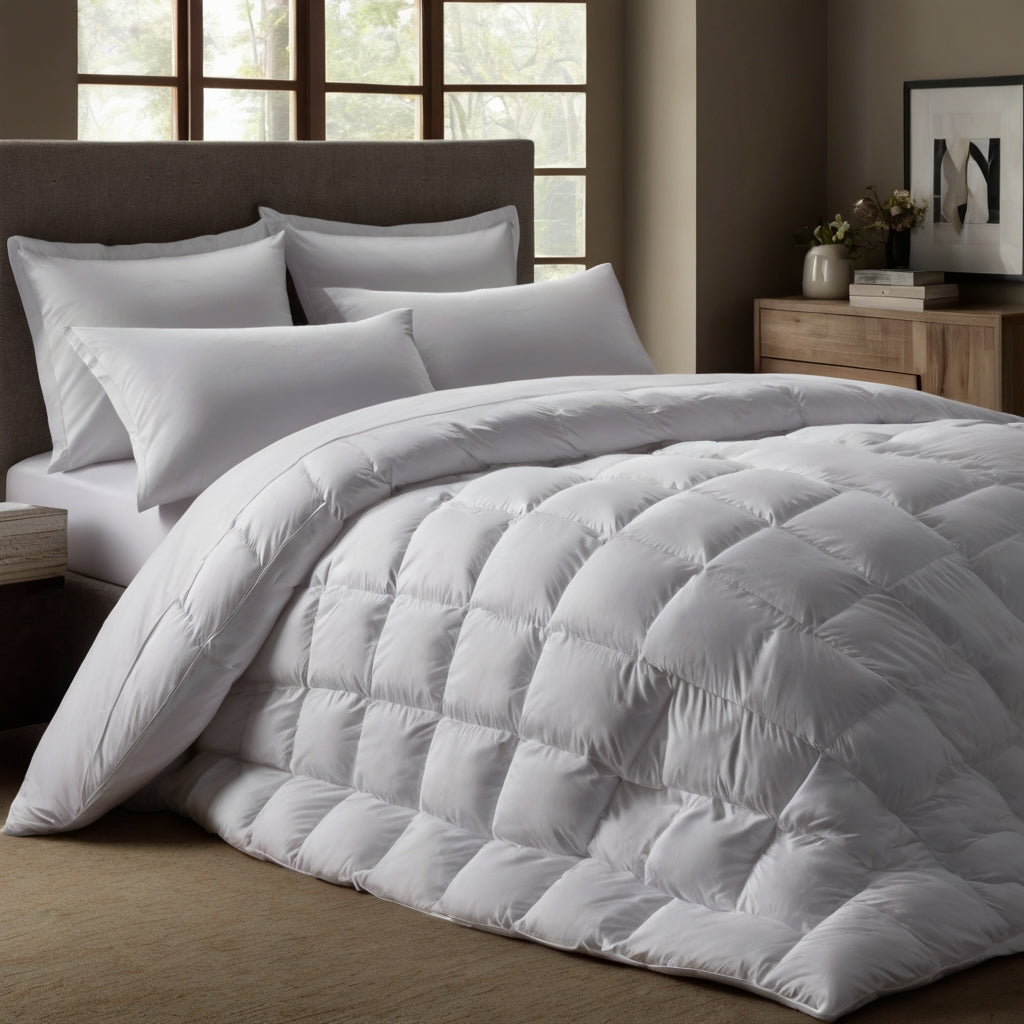
Duvets, Blankets & Pillows
These filled items require less frequent laundering but still demand proper care when cleaned.
- Spot clean between full washes where possible
- When full washing is needed, use large-capacity machines
- Dry with low-to-medium heat and use dryer balls to maintain loft
- Always use duvet covers and pillow protectors to extend product life
We recommend quarterly cleaning cycles and scheduled inspections for clumping, flattening, or compromised fill materials.
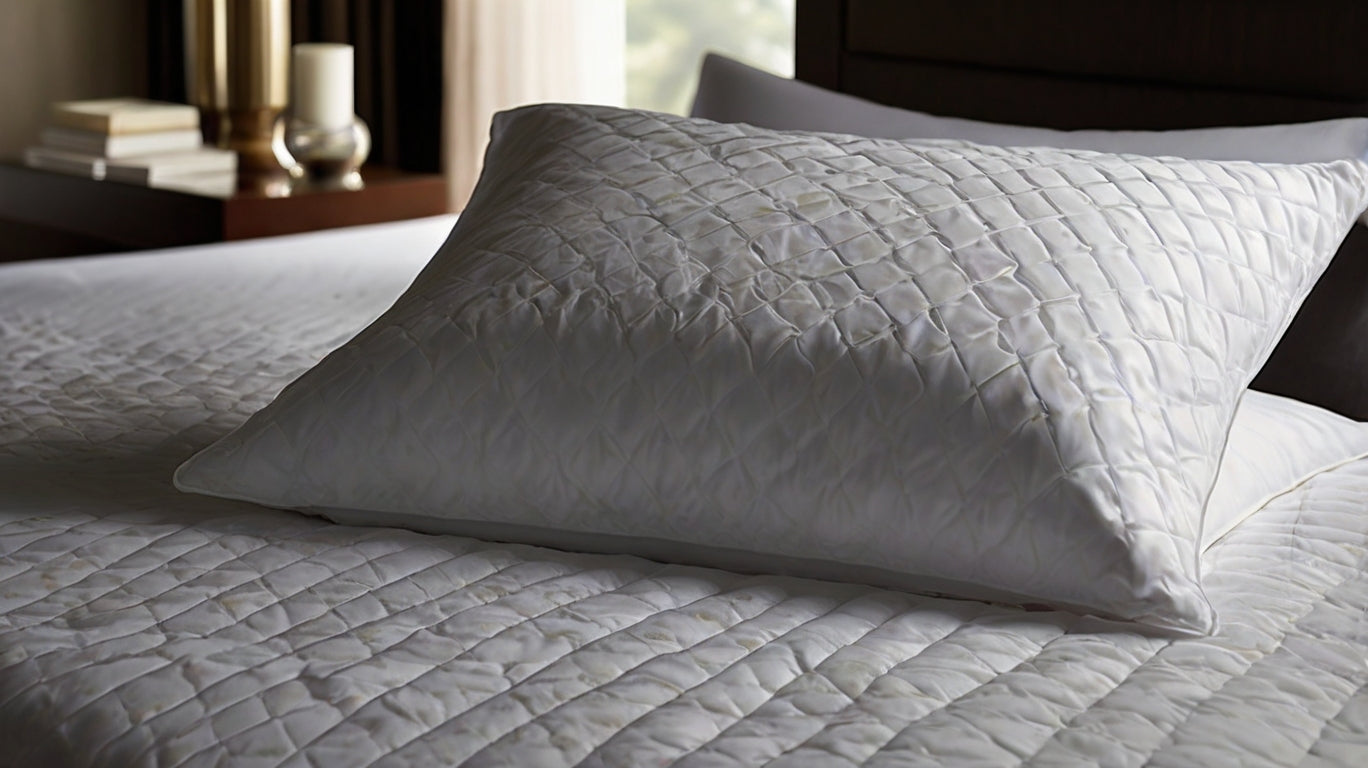
Mattress & Pillow Protectors
Protective bedding plays a critical role in hygiene and asset preservation.
- Wash with warm water on the same schedule as sheets
- Avoid bleach or high heat, which can damage waterproof linings
- Do not iron protectors or use fabric softeners
- Dry completely before reuse to prevent moisture-related issues
Routine inspections for wear, leakage, or breakdown should be part of your housekeeping checklist.
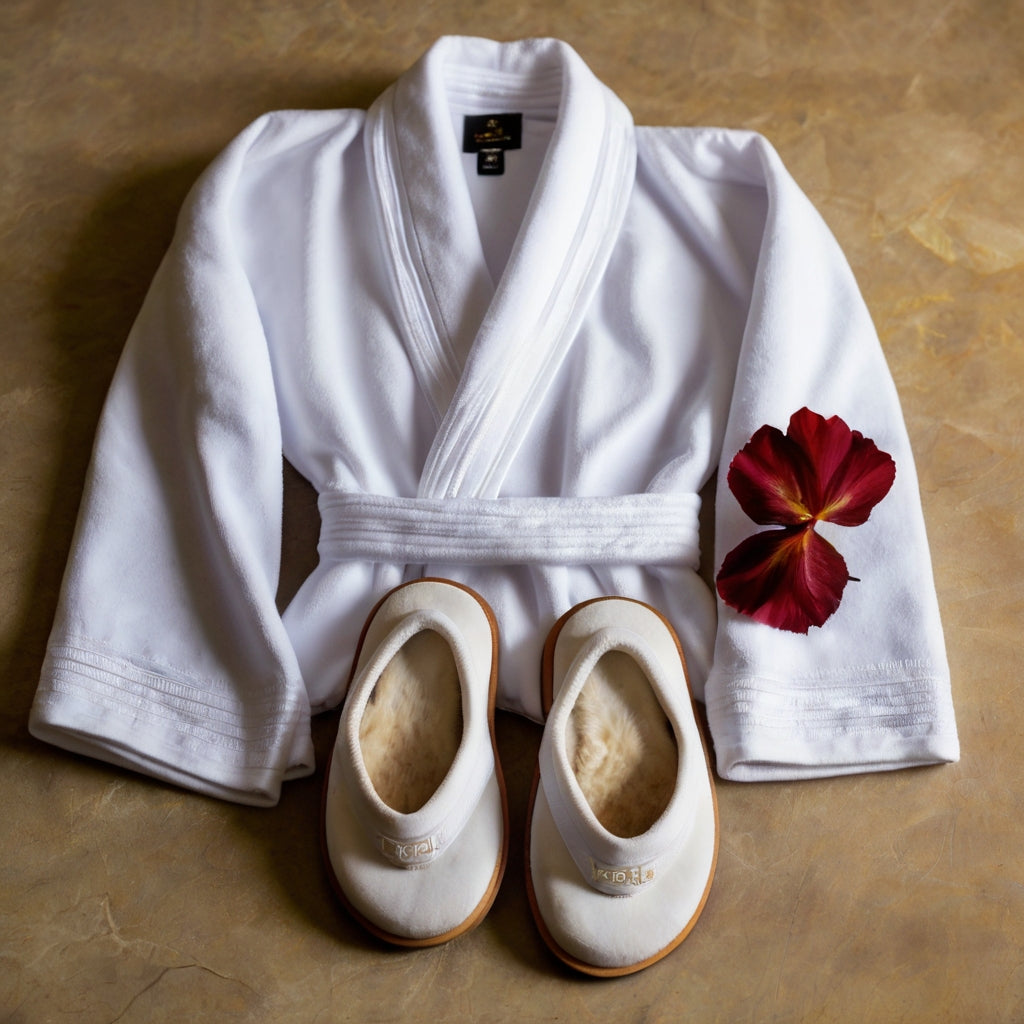
Robes & Slippers
Robes should be treated gently to maintain texture and comfort:
- Wash in cold or warm water on a gentle cycle
- Tumble dry on low or hang to dry
- Avoid bleach or harsh chemicals, especially for textured fabrics like waffle or velour
Slippers vary by type:
- Disposable slippers are single-use and should not be washed
- Reusable slippers can be hand-washed and air dried as needed
For properties offering both robe and slipper amenities, laundering practices should align with service levels and guest expectations.
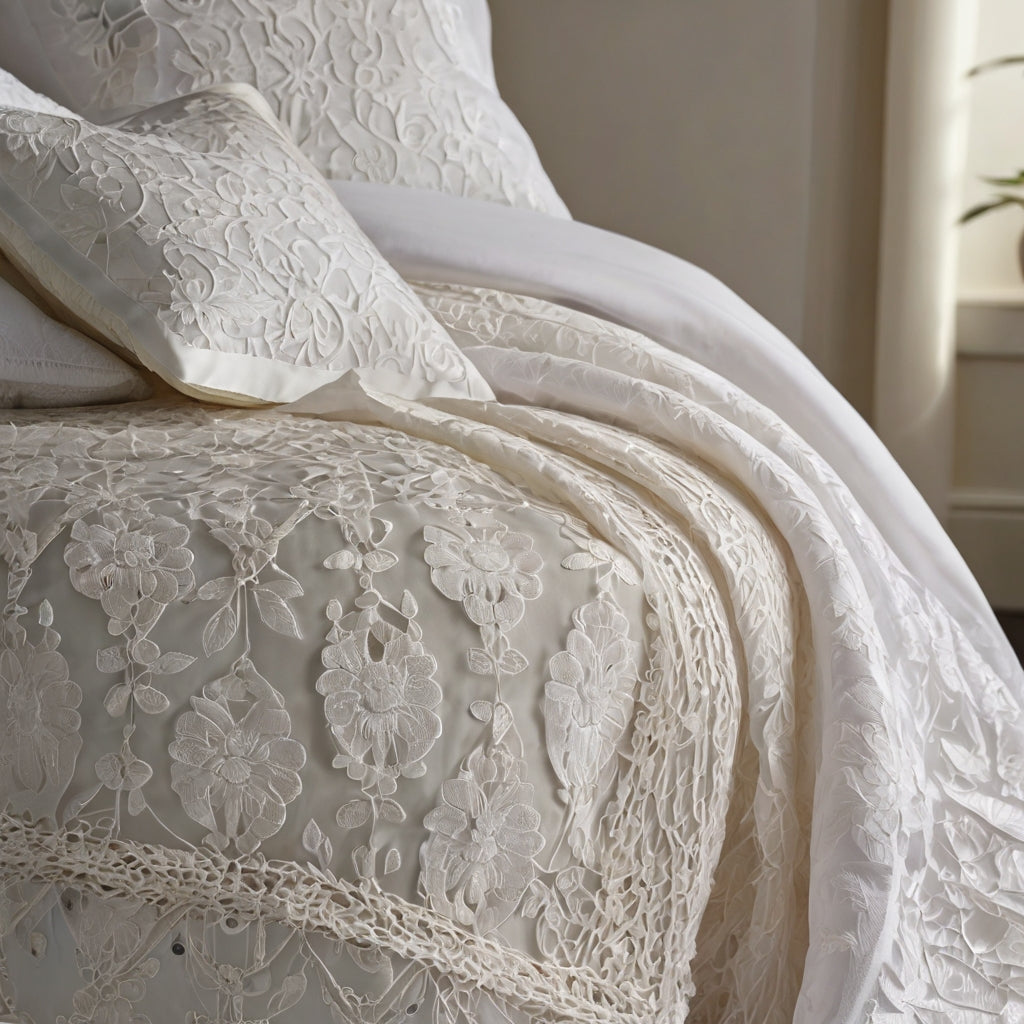
Decorative Textiles
Accent pieces such as bed runners, throws, and decorative pillows should be handled separately from your core linens.
- Spot clean or dry clean, depending on fabric and detailing
- Avoid machine washing unless specified as safe by the product label
- Store in climate-controlled environments to protect against fading or fabric degradation
Rotating decorative elements seasonally can help preserve their condition and support ongoing visual refreshment in rooms.
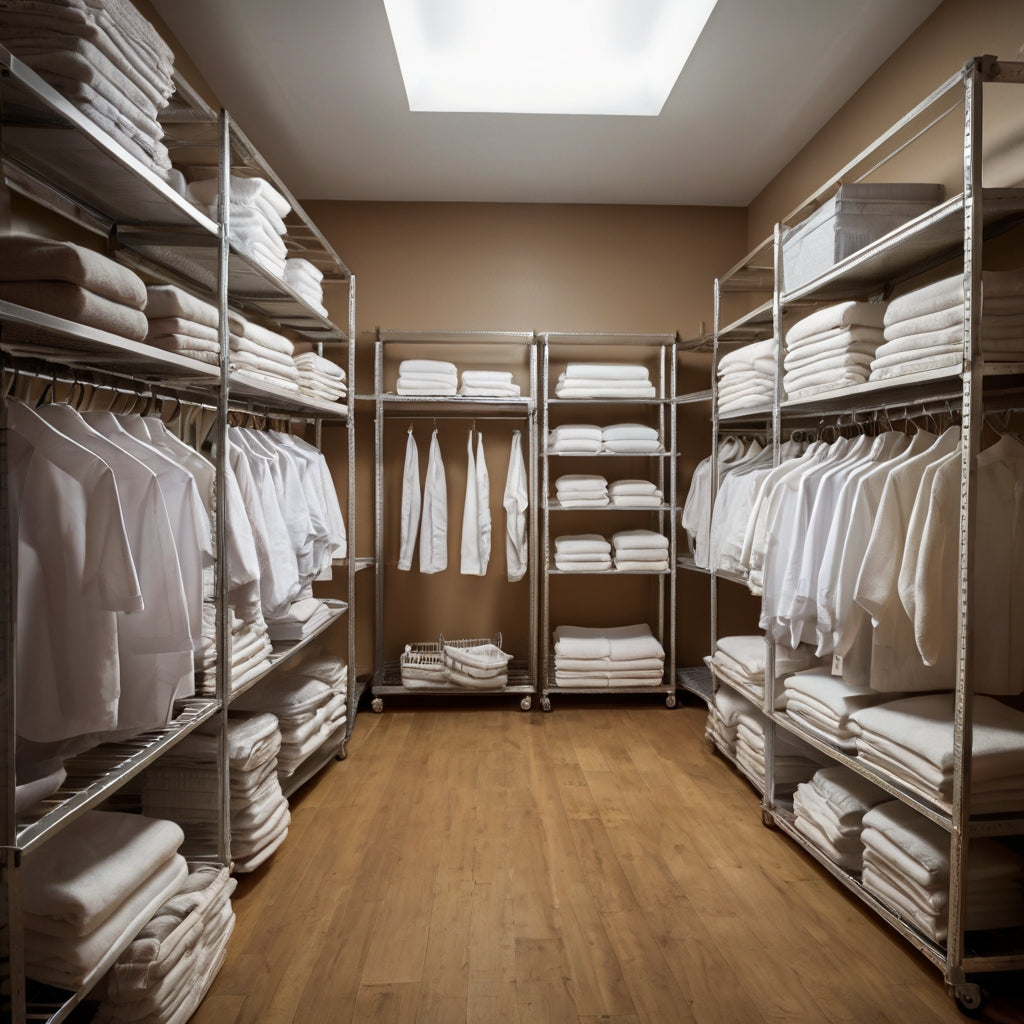
Linen Room & Storage Recommendations
To maintain textiles between laundering and use:
- Store linens in a clean, dry, and ventilated area
- Fold consistently to prevent creasing and uneven wear
- Avoid storing items in direct sunlight or in plastic wrapping for extended periods
- Separate used and clean stock clearly to avoid cross-contamination
Establishing clear SOPs for linen handling helps maintain inventory quality and reduce staff error.
Need Product-Specific Guidance?
Every product we supply includes care instructions, but we also offer
-

Laminated care sheets for back-of-house display
-

Printable PDFs for training housekeeping and laundry teams
-

Product-specific guidance by SKU or room package
-

Custom care programs for multi-property clients
If your team needs detailed support or customized care plans, contact our client services team. We’ll ensure you have the resources to keep your inventory clean, organized, and performing at its best.







